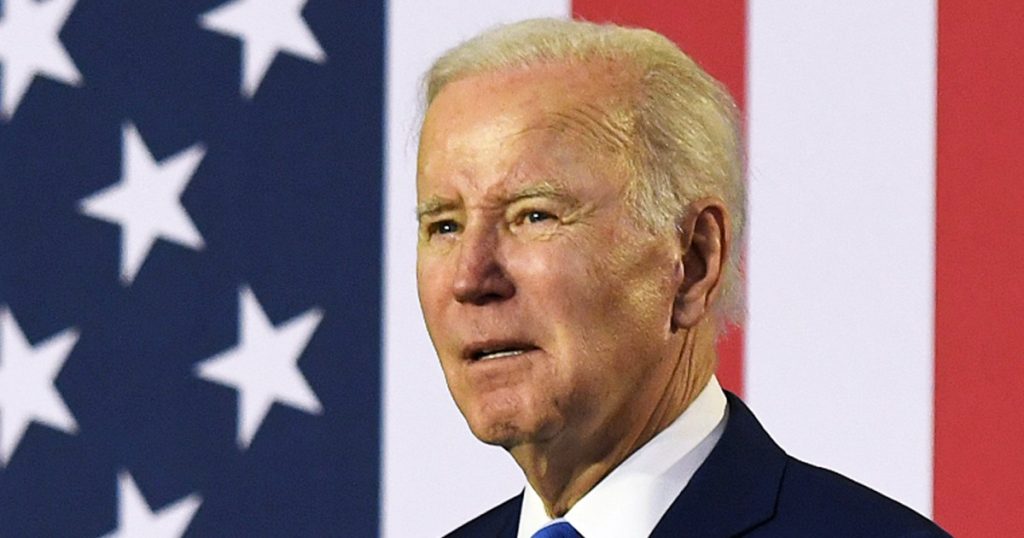President Joe Biden recently stated that Japan, along with other countries like China and Russia, was struggling economically due to xenophobia. Biden emphasized the importance of welcoming immigrants for economic growth, pointing out that countries that resist immigrants suffer financially. Japan, a key U.S. ally in the Asia-Pacific, is facing demographic challenges and attempting to attract more foreign workers. Despite efforts to increase the number of skilled workers and change immigration laws, Japan still ranks low in terms of immigrant integration policies, with foreign nationals facing discrimination and limited rights.
Japan’s struggles with a weak yen, labor shortages in key sectors, and an aging population have made it difficult for the country to sustain economic growth. To address these issues, Japan will need to significantly increase its foreign workforce by 2040, with a focus on attracting workers from countries like Vietnam, China, and the Philippines. The country is also exploring other measures such as encouraging greater participation of women in the workforce and promoting later retirement to supplement labor shortages. Japan’s economy, once one of the largest in the world, experienced minimal growth in the last quarter of 2023, narrowly avoiding a technical recession.
While Japan is actively seeking to address its economic challenges, the country faces criticism for its restrictive immigration policies and lack of effective integration of foreign nationals. The Migrant Integration Policy Index ranked Japan poorly in terms of immigration policy, citing discrimination and unequal opportunities for immigrants. Japan’s reluctance to fully embrace immigration as a solution to its economic woes could hinder its ability to compete on the global stage and attract skilled workers. Addressing issues related to immigration and integration will be crucial for Japan to achieve sustained economic growth and avoid falling behind other developed countries.
President Biden’s comments underscored the importance of immigration in driving economic growth and innovation. He noted that countries like the United States, which have embraced immigrants, have seen significant economic benefits as a result. By contrast, countries like Japan, China, and Russia, which have been resistant to immigrants, are facing economic challenges. Biden’s remarks highlight the ways in which attitudes towards immigration can impact a country’s economic performance and competitiveness on the world stage.
Japan’s efforts to address its economic challenges through increased immigration and workforce participation reflect a broader trend in Asia and around the world. Many countries are grappling with aging populations, labor shortages, and declining productivity, leading to a renewed focus on immigration as a solution. By attracting skilled workers from abroad and creating more inclusive policies for immigrants, countries like Japan can enhance their economic prospects and lay the foundation for long-term growth and prosperity. Embracing diversity and welcoming immigrants could prove essential for Japan and other countries seeking to overcome economic obstacles and remain competitive in the global economy.


